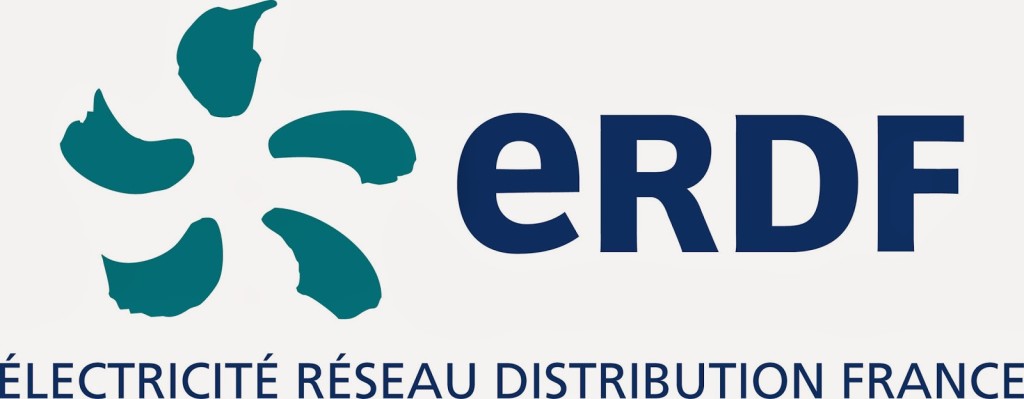La Commissione Europea, all’interno della disciplina che regola gli aiuti di stato ai Paesi membri, ha stabilito che i vantaggi fiscali concessi nel 1997 dal governo francese ad Électricité de France (EDF), il principale gestore elettrico del Paese, erano incompatibili con la normativa europea sugli aiuti di stato e, come tali, vanno recuperati. Secondo la
Commissione, i vantaggi fiscali in questione hanno conferito ad EDF un vantaggio economico vis à vis i concorrenti, il quale ha distorto la concorrenza nel mercato. La Commissione aveva riaperto l’inchiesta su EDF nel 2013 a seguito dell’annullamento di una sua precedente decisione da parte della Corte di Giustizia.
| European Commission – Press release |
State aid: Commission orders France to recover €1.37 billion in incompatible aid from EDF
Brussels, 22 July 2015
The European Commission has decided that Électricité de France (EDF), the main electricity provider in France, has been granted tax breaks incompatible with EU rules on State aid. In 1997 France did not levy all the corporation tax payable by EDF when certain accounting provisions were reclassified as capital. This tax exemption conferred on EDF an undue economic advantage compared with other operators on the market and so distorted competition. In order to remedy this distortion, EDF must now repay that aid. The Commission reopened its investigation in 2013 following annulment of an earlier decision by the EU Court of Justice.
Margrethe Vestager, the Commissioner responsible for competition policy, commented: ‘Whether private or public, large or small, any undertaking operating in the Single Market must pay its fair share of corporation tax. The Commission’s investigation confirmed that EDF received an individual, unjustified tax exemption which gave it an advantage to the detriment of its competitors, in breach of EU State aid rules.’
As EDF was awarded the high-voltage transmission network in France as a concession, between 1987 and 1996 it made accounting provisions with a view to renewing the network. In 1997, when EDF’s balance sheet was restructured, the French authorities reclassified some of these provisions as a capital injection without levying corporation tax.
The Commission reopened the investigation in 2013 to verify, in accordance with the criteria laid down by the European Courts, whether France’s tax revenue loss was economically justified from the point of view of a private investor in relation to EDF in similar circumstances. The Commission has now concluded that it was not, in particular because at the time the profitability that could reasonably be expected of such an investment was too low. It follows that the tax exemption granted to EDF cannot be considered an investment made on economic grounds.
It is therefore State aid that has strengthened EDF’s position to the detriment of its competitors, without furthering any objective of common interest. The aid is therefore incompatible with the single market and EDF must repay it to the French state. The amount in question is some €1.37 billion, of which €889 million is a tax exemption granted in 1997 and €488 million is interest (the exact amount will be calculated in cooperation with the French authorities).
Background
EDF is the main supplier of electricity in France, and also operates on a number of other markets in Europe. The French State is the majority shareholder of EDF, holding 85% of the capital. The Commission’s decision concerns facts dating back to 1997 when EDF was not yet a public limited company but a publicly owned industrial and commercial entity with special status.
Following an in-depth examination, the Commission had concluded in 2003 that the non-payment of corporation tax on these accounting provisions had conferred a selective advantage on EDF and constituted State aid that was incompatible with the internal market. The Commission had also ordered France to recover this aid, estimated at €889 million, with interest.
The General Court of the European Union annulled this decision on the grounds that, when re-examining the French authorities’ reclassification of the provisions as capital, the Commission had not checked whether a private investor would have invested a comparable amount under similar circumstances (Case T-156/04). This judgment was confirmed by the Court of Justice of the European Union in June 2012 (Case C-124/10 P).
The non-confidential version of the decision will be made available under case number SA.13869(C 68/2002) in the State Aid Register on the DG Competition website once any confidentiality issues have been resolved. New publications of state aid decisions on the internet and in the Official Journal are listed in the State Aid Weekly e-News.



